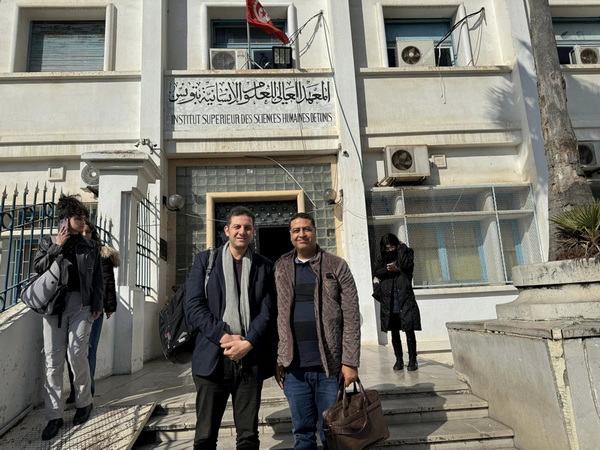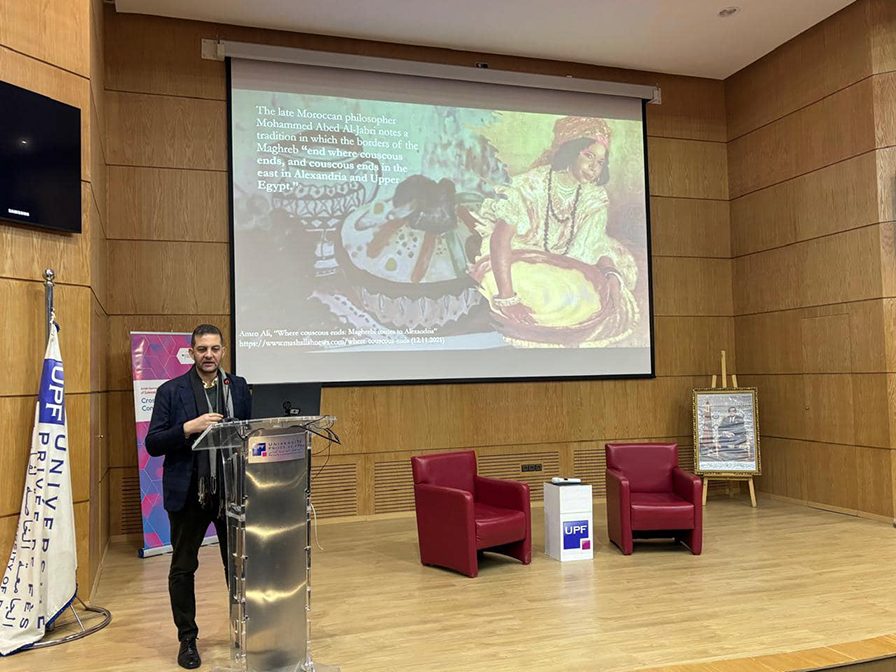
My presentation “Before Borders: Pre-colonial routes and worldviews in the Southern Mediterranean” for the conference/workshop on perceptions of the League of Arab States.
Date: 17 December 2024
Organizer: AGYA / L’Université Privée de Fès
City: Fez
“Our inheritance was left to us by no testament” – René Char
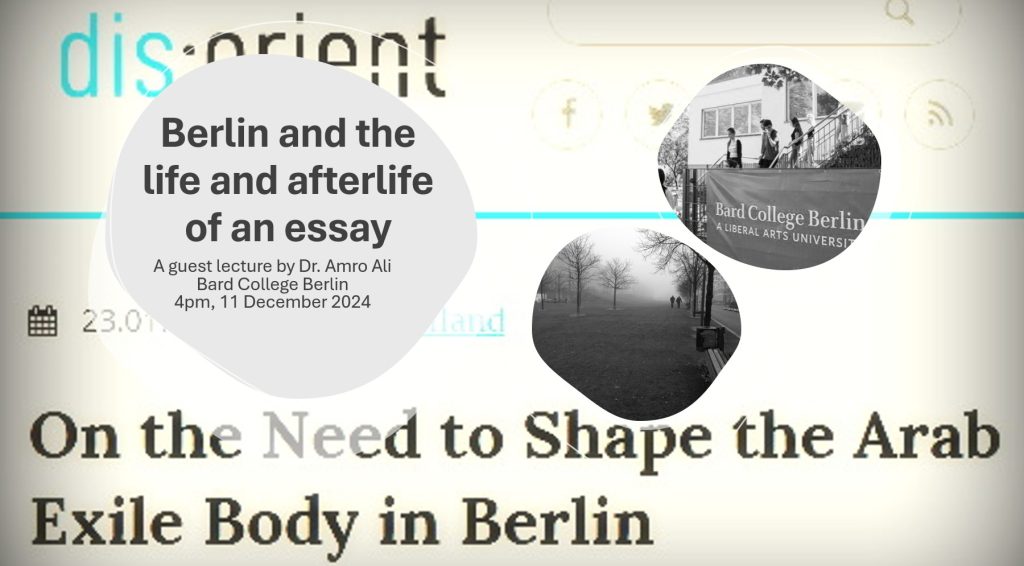
I will be giving a lecture at Bard College Berlin regarding the impact of my 2019 essay, On the need to shape the Arab Exile Body in Berlin, and how it has been received and mediated over the years with different audiences in Germany and across Europe, and how it is being re-read in light of the rise of German illiberalism and xenophobia.
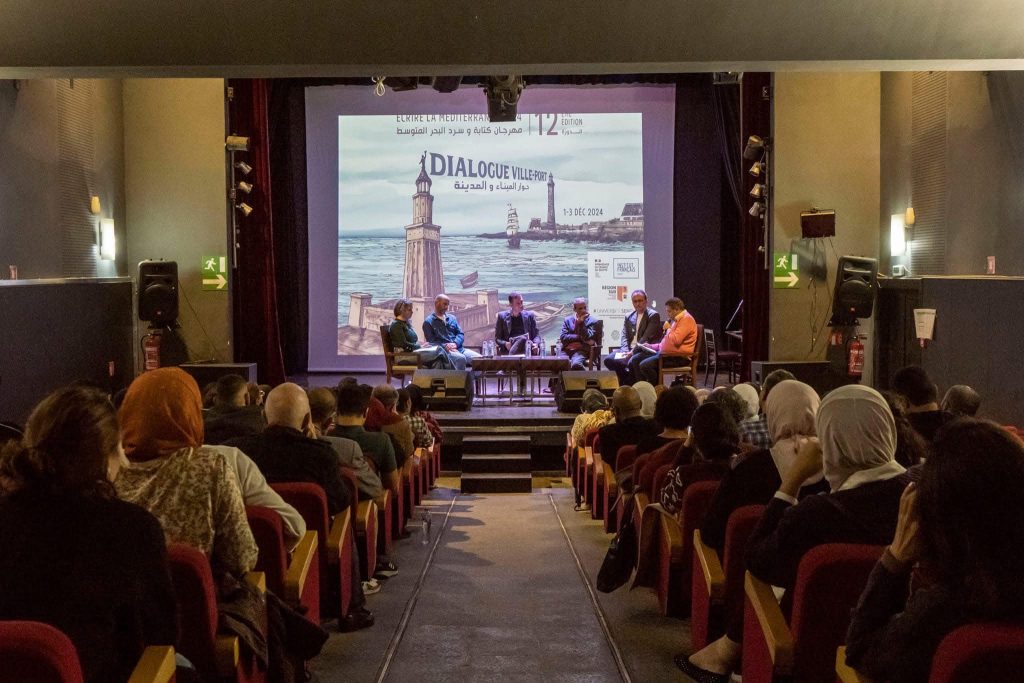
It was an honour to moderate the Port-City dialogues event between the scholars and writers of Alexandria and Marseilles, with Alaa Khaled, Mohamed Adel Dessouki, Anne Millet, and Philippe Pujol. We explored the role of port cities after empire, and how ports shape the identities of these two magnificent cities of the Mediterranean.
Date: 3rd December 2024
Organizer: French Institute Alexandria
City: Alexandria
Event link: https://www.facebook.com/events/2012594592549423
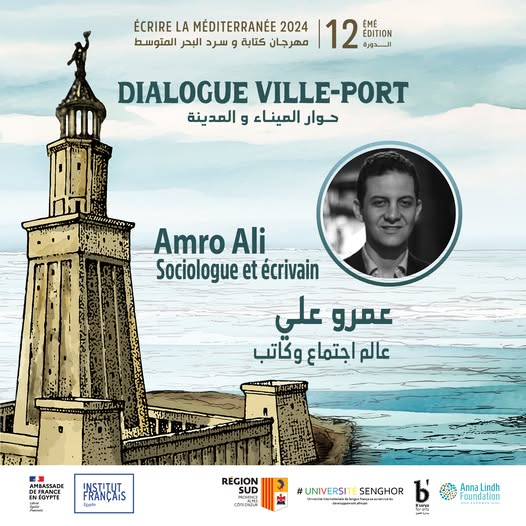
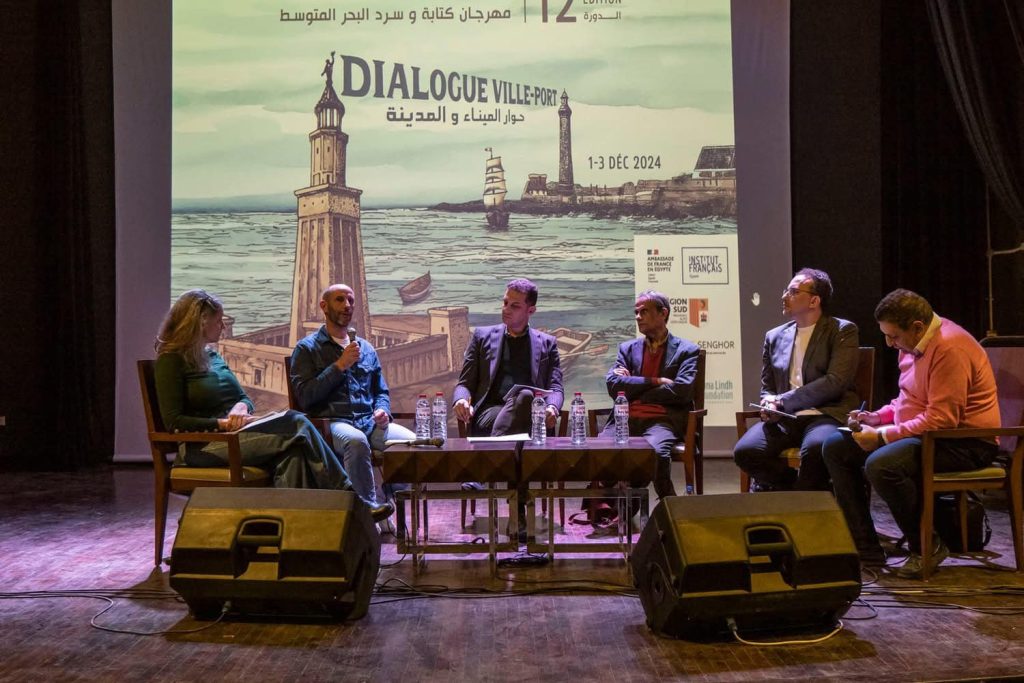
I was delighted to present a lecture to dignitaries on the history of cosmopolitanism through the case study of the Egyptian Nile island of Elephantine during a special exhibition on Museum Island, presented in the James-Simon-Galerie, the Neues Museum Berlin.
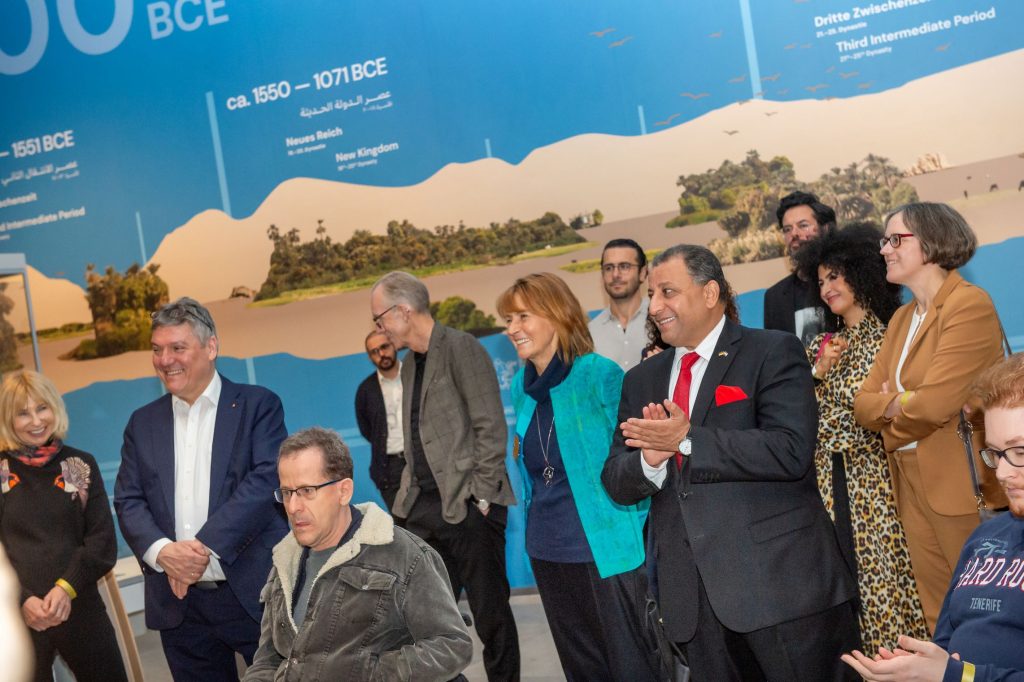
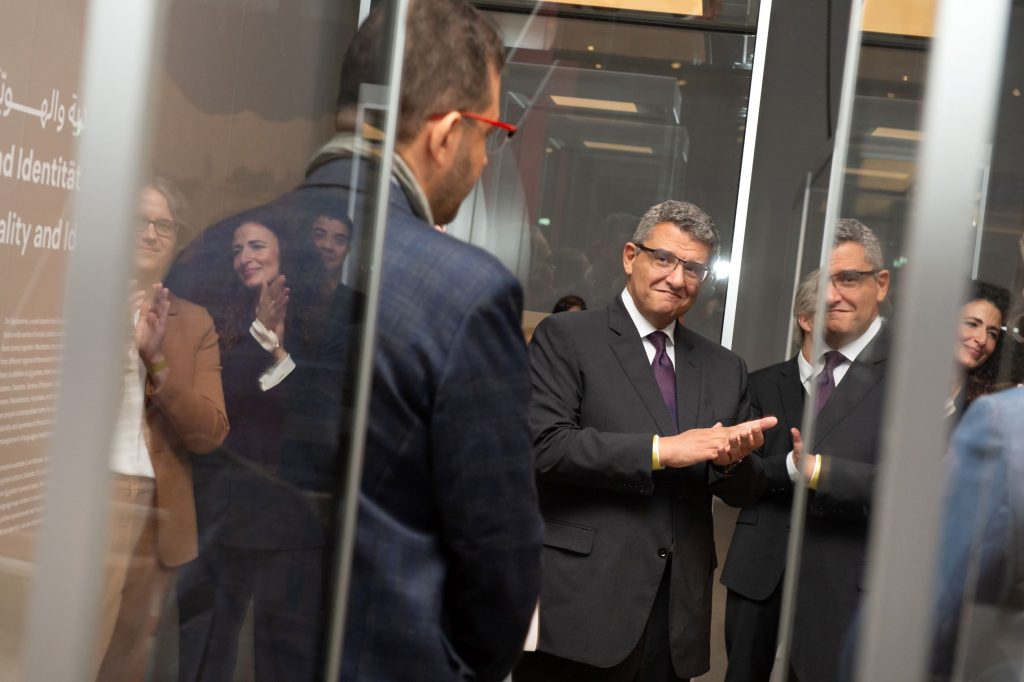
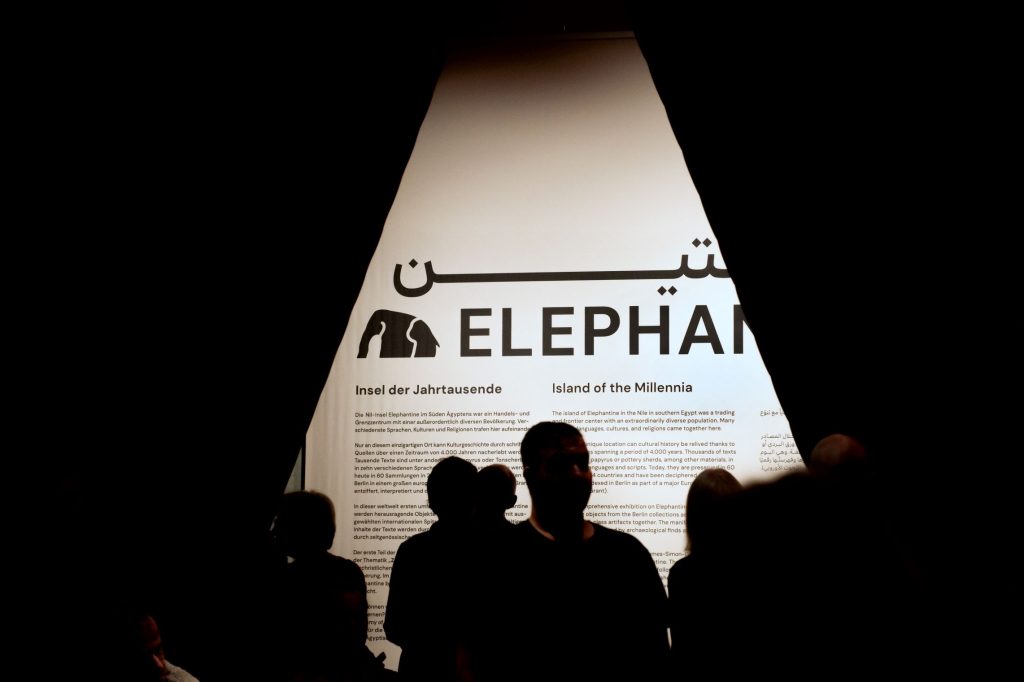
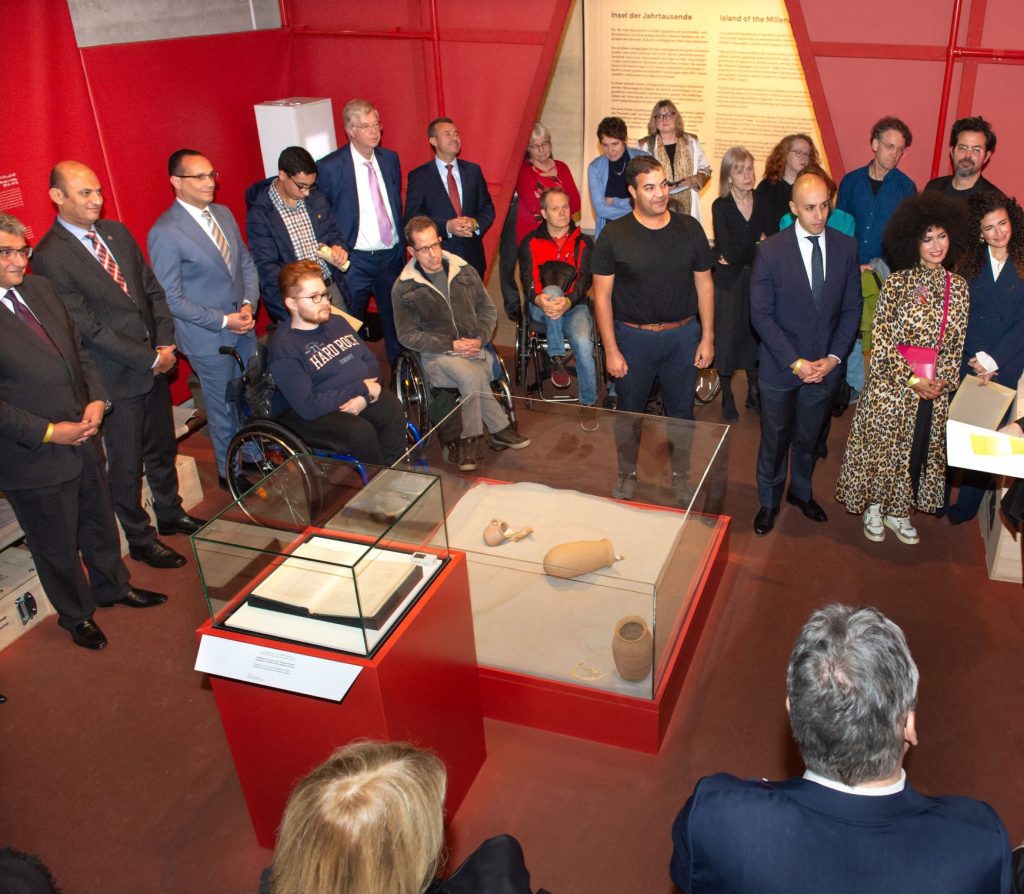
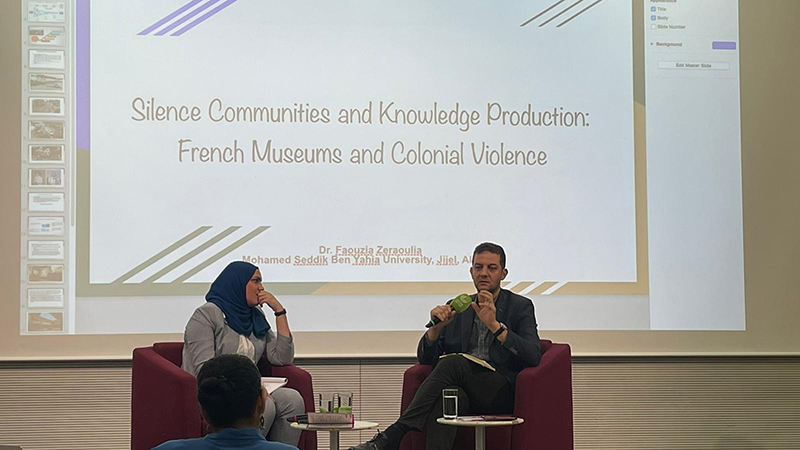
Date: 22 September 2024
Venue: Goethe Institute Cairo
Moderating Dr. Faouzia Zeraoulia’s lecture on knowledge transfer and colonialism in the Maghreb, with a focus on Algeria. We had a spirited discussion on how knowledge production was reshaped through Francophone and Anglophone colonialism in Algeria and Egypt. This was part of the conference, Knowledge Transfer: Interdisciplinary Approaches Between Arts, Science And Society organized by AGYA.
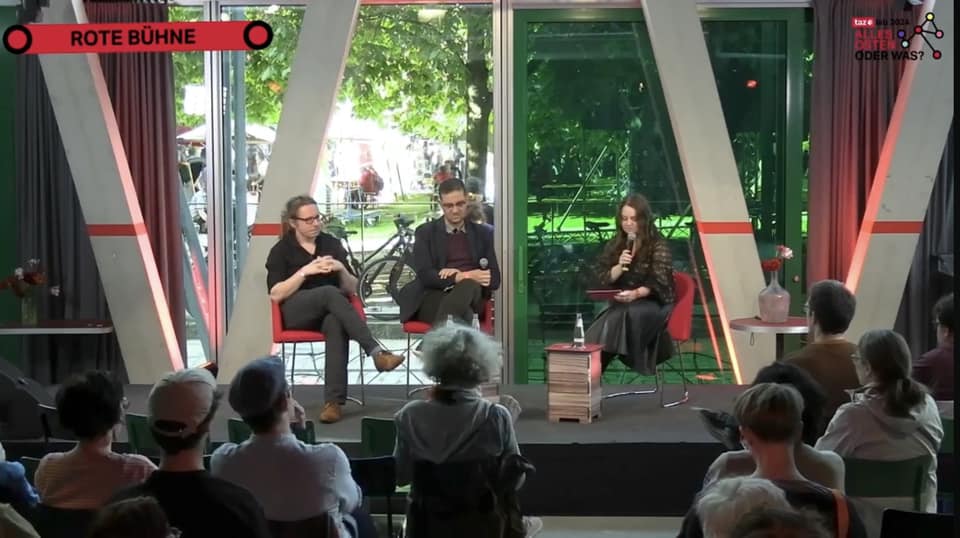
Was heißt denn nun “Nie wieder”? / So what does never again mean? (Panel discussion on Germany’s position towards Gaza)
Date: 27 April 2024
Organiser: Taz Lab
City: Berlin
Event details: https://taz.de/programm/2024/tazlab2024/de/events/1416.html
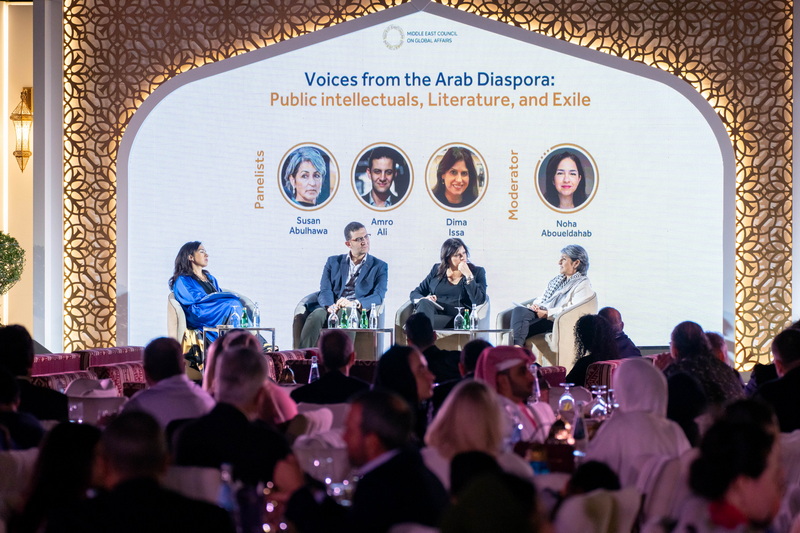
It was an honour to be invited to speak on a topic close to my heart and sharing the panel with stellar figures as Lebanese author Dima Issa and Palestinian novelist Susan Abulhawa, and moderated by legal scholar Noha Abouleldahab. It was an enriching discussion with a massive turnout in Doha, and it was refreshing to talk about Gaza without any attempted censorship. Thank you to the Middle East Council for the invitation and organising the “Voices from the Arab Diaspora: Public Intellectuals, Literature, and Exile” event.
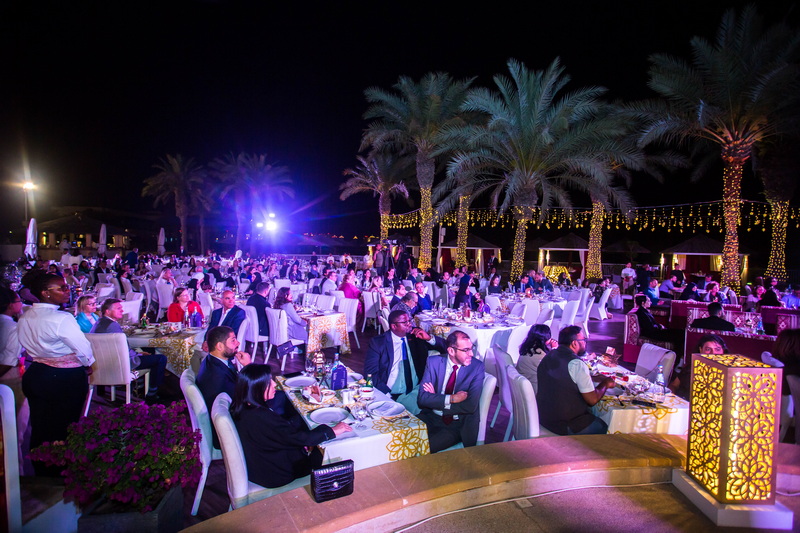

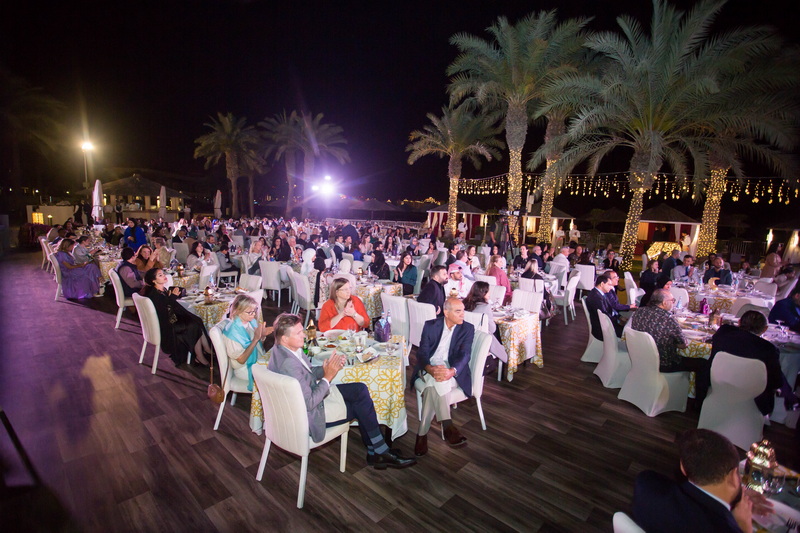
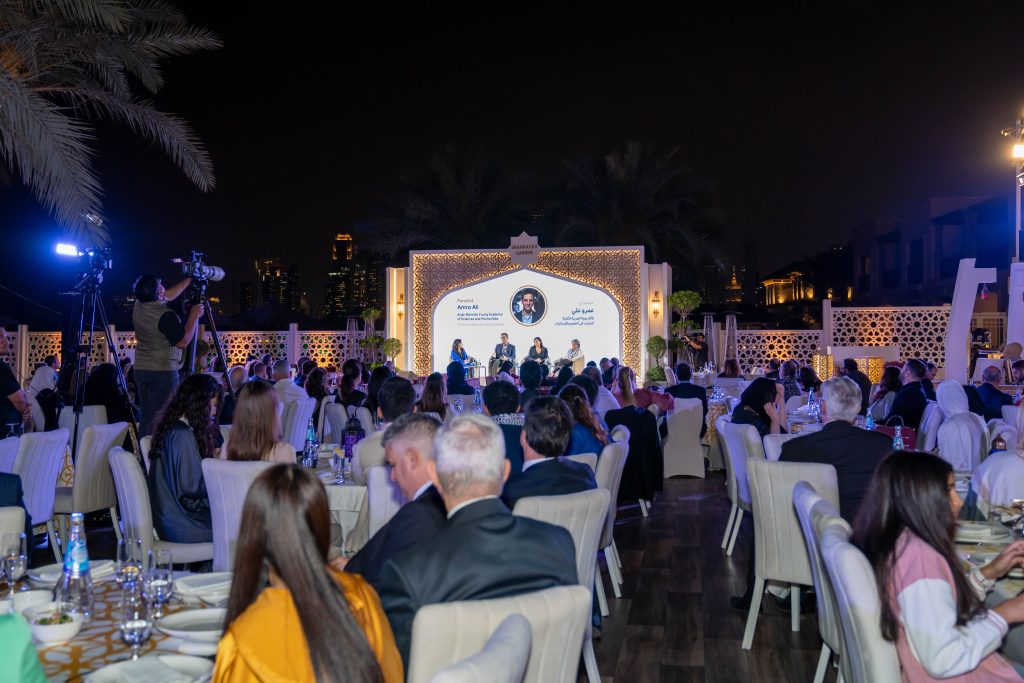
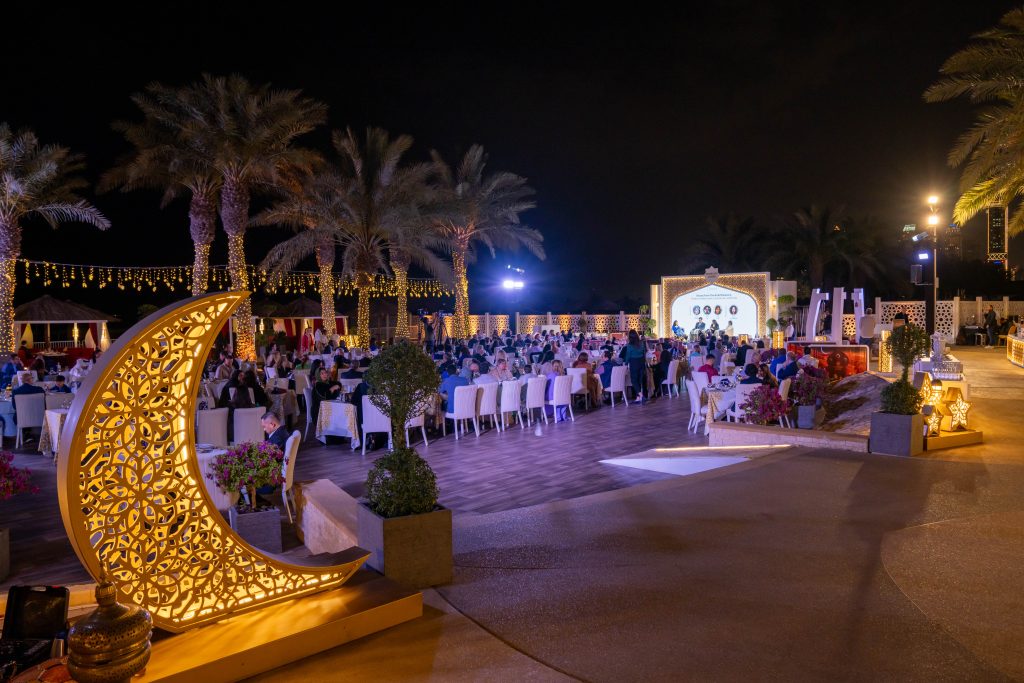
The video of the event can be viewed below.
It was a great pleasure and honor to give a guest public lecture to the inspiring students at the University of Tunis, and thank you to Prof. Anis Ben Amor for the invitation. The topics touched on Gaza, alienation, and recalibrating the moral compass and preserving the ethical self in the era of genocide normalization.
